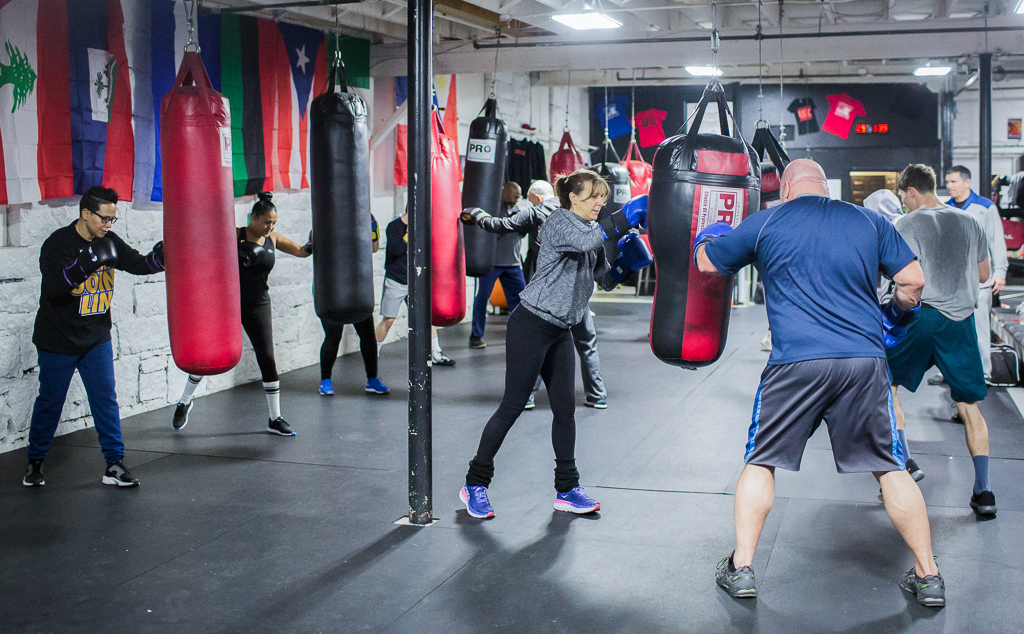
The Impact of Community Boxing Centers on Local Youth Development
Boxing centers have long been recognized for their role in developing athleticism and competition. However, the influence of these centers extends far beyond the gym’s walls, particularly when they focus on youth development. In many communities, Togelin boxing centers offer much more than a place to punch a bag or train for a fight; they provide life skills, discipline, and mentorship, serving as safe havens for young people.
1. Building Discipline and Focus
Boxing, by nature, requires immense discipline. Training sessions are often intense and repetitive, teaching athletes the value of perseverance and self-control. These attributes are especially crucial for young people, who may be grappling with the challenges of adolescence. Boxing centers instill a sense of routine and dedication, pushing kids to set goals, work toward them, and measure their progress.
For example, boxing programs often focus on developing both mental and physical stamina. A young boxer must balance rigorous training schedules with the mental toughness required to succeed in the ring. This translates to other aspects of life, such as schoolwork, relationships, and personal growth.
2. A Sense of Belonging and Identity
For many young people, boxing centers become a second home. These spaces foster a sense of belonging, where individuals from diverse backgrounds can come together to work toward a common goal. Whether it’s participating in a local competition or simply attending training sessions, these centers create a unique community of like-minded individuals. The camaraderie formed through shared struggles in the ring often leads to lasting friendships and a strong sense of identity.
In areas where youth might feel disconnected from their communities, boxing centers provide a crucial anchor. They offer a space where young individuals can channel their energy productively, rather than succumbing to negative influences such as gang activity or substance abuse.
3. Developing Leadership Skills
While boxing might seem like an individual sport, it requires a team approach to thrive. Coaches, trainers, and even fellow boxers play key roles in a fighter’s journey. In boxing centers, young people often take on leadership roles, helping less experienced boxers with their techniques or leading training sessions. This hands-on experience teaches leadership, responsibility, and empathy.
Moreover, boxing coaches often serve as mentors, offering guidance not just in the sport but in life. They teach how to handle adversity, how to deal with success and failure, and how to build character both inside and outside the ring. Many boxing centers have mentorship programs that pair older boxers with younger ones, creating a cycle of support and learning.
4. Physical and Mental Health Benefits
The physical benefits of boxing are widely known—improved cardiovascular health, strength, agility, and coordination. However, boxing centers also have a significant impact on mental health, particularly for young people dealing with stress, anxiety, or trauma. The intense physical activity releases endorphins, which can reduce stress levels and improve mood.
For some young boxers, the sport offers an outlet for emotions that might otherwise go unchecked. The focus required during training sessions allows boxers to “zone out” from the pressures of everyday life, creating a therapeutic effect. It is common for boxing centers to also offer counseling services or partner with local mental health organizations to ensure that youth have access to the emotional support they need.
5. Academic and Career Support
Some boxing centers go beyond just physical and mental training—they also provide academic support and career guidance. Many youth boxing centers understand that success in the ring is only one aspect of a young person’s development. They often offer tutoring, career advice, and vocational programs that help guide youth toward long-term success.
For instance, some boxing centers have scholarship programs for young athletes who perform well both in the ring and in school. These programs help open doors to higher education and better career opportunities, reducing the risk of the youth falling into cycles of poverty or crime. By combining athletics with academic support, boxing centers give youth the tools they need to succeed in both arenas.